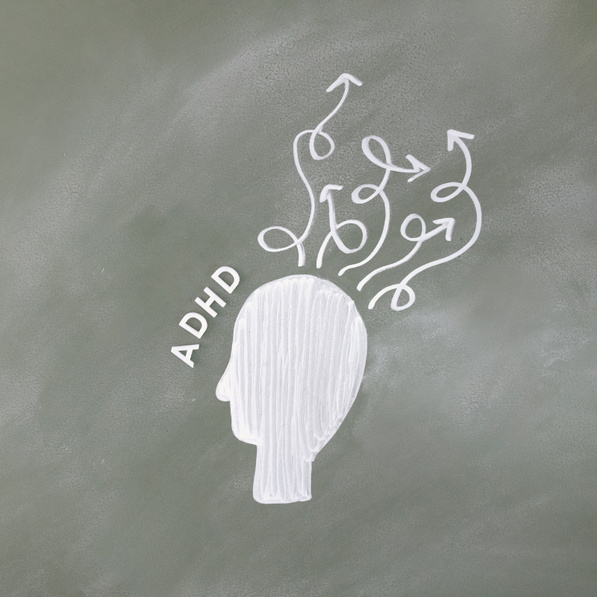EMOTION REGULATION COUNSELLING SERVICES

What Is Work Stress Counselling?
Work stress counselling is a specialized form of counseling that focuses on supporting individuals who are experiencing stress and challenges related to their work. It aims to help individuals navigate work-related stressors, develop coping strategies, and promote overall well-being in the workplace. Work stress counseling provides a safe and confidential space for individuals to explore their concerns, identify sources of stress, and develop strategies for managing stress effectively.
Does Counselling Help in Dealing with Work Stress?
Work stress counselling can be highly beneficial for individuals experiencing work-related stress. It offers several advantages, including:
-
Validation and Support: Work stress counseling provides individuals with validation and support for their experiences. It offers a non-judgmental environment where individuals can express their concerns, fears, and frustrations related to work, knowing that they are understood and supported.
-
Coping Strategies: Counseling equips individuals with a range of coping strategies and techniques to manage work-related stress. These may include stress reduction techniques, time management strategies, effective communication skills, boundary setting, and self-care practices.
-
Emotional Regulation: Counseling helps individuals develop emotional regulation skills, allowing them to better manage and respond to stress triggers in the workplace. It provides tools for recognizing and coping with intense emotions, reducing the negative impact of stress on mental and emotional well-being.
-
Improved Work-Life Balance: Work stress counseling supports individuals in establishing a healthier work-life balance. It explores ways to prioritize personal well-being, set boundaries, and create a more harmonious integration of work and personal life.
-
Enhanced Problem-Solving Skills: Counselling helps individuals develop problem-solving skills to address work-related challenges. It assists in identifying practical solutions, developing action plans, and fostering a proactive approach to managing stressors in the workplace.
Methods Used in Work Stress Counselling
Emotion regulation counselling utilizes various evidence-based methods and approaches to support individuals in managing their emotions. Some commonly used methods include:
-
Cognitive-Behavioral Therapy (CBT): CBT helps individuals identify and modify unhelpful thought patterns and beliefs that contribute to emotional dysregulation. It teaches individuals to challenge negative thinking, develop adaptive coping strategies, and reframe their perception of situations.
-
Dialectical Behavior Therapy (DBT): DBT is a therapeutic approach specifically designed to address emotion dysregulation. It incorporates mindfulness techniques, distress tolerance skills, emotion regulation strategies, and interpersonal effectiveness training.
-
Acceptance and Commitment Therapy (ACT): ACT focuses on helping individuals accept their emotions and thoughts while taking committed action towards their values and goals. It helps individuals develop psychological flexibility, mindfulness skills, and self-compassion.
-
Mindfulness-Based Therapies: Mindfulness-based therapies, such as Mindfulness-Based Stress Reduction (MBSR) and Mindfulness-Based Cognitive Therapy (MBCT), teach individuals to cultivate present-moment awareness and non-judgmental acceptance of their emotions.
-
Emotion-Focused Therapy (EFT): EFT emphasizes understanding and working with emotions to promote healing and growth. It helps individuals explore and process their emotions in a safe therapeutic environment, fostering emotional regulation and integration.
-
Self-Reflection and Journaling: Therapists may encourage individuals to engage in self-reflection and journaling exercises to deepen their understanding of their emotions, identify patterns, and develop insights.
Remember, emotion regulation counseling is a collaborative process where the counselor works with individuals to develop personalized strategies and techniques to effectively manage their emotions.
















